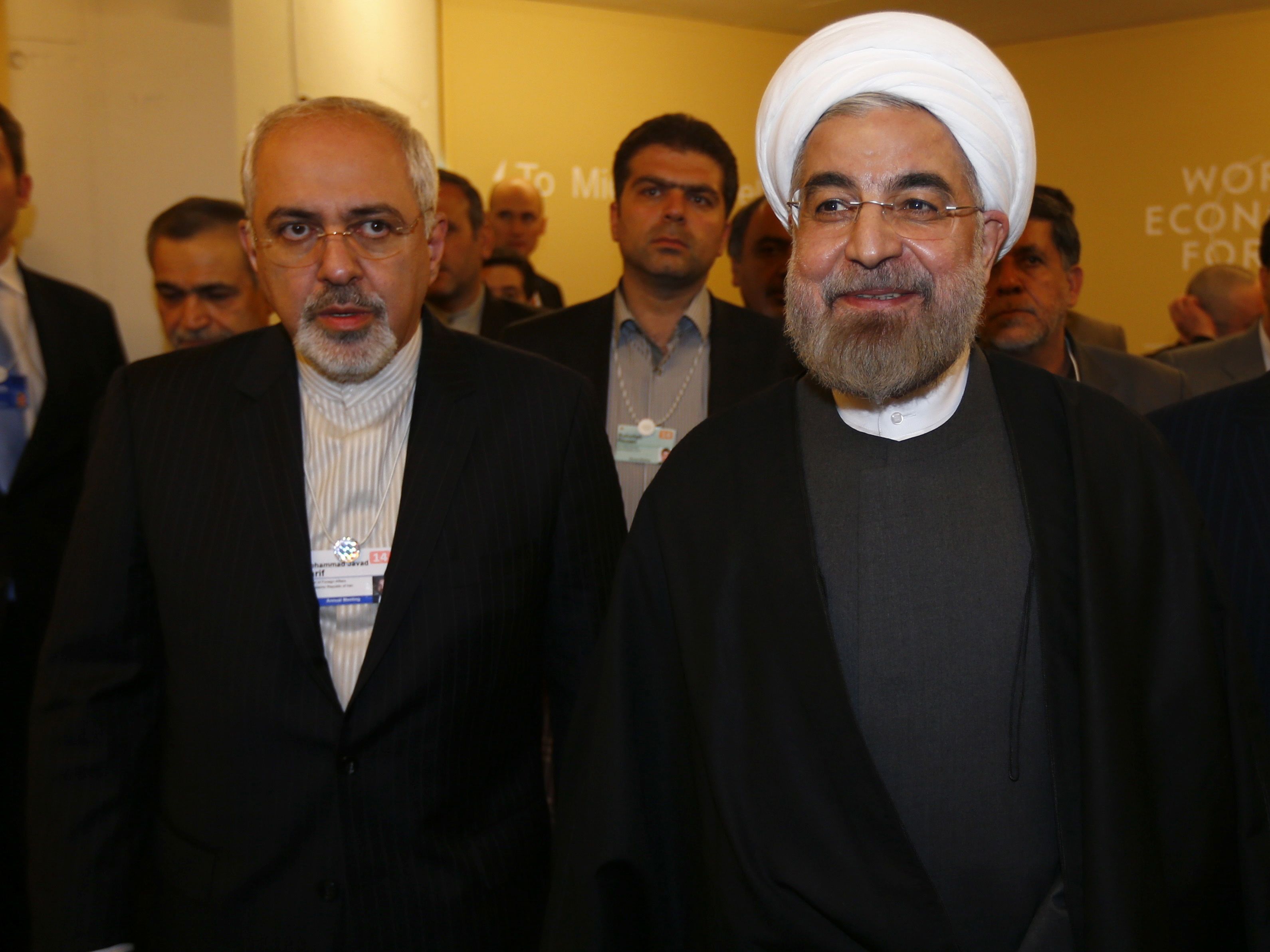As Hassan Rouhani approaches the second anniversary of his election to the presidency on August 4, the promise of future reform remains unfulfilled.
This statement was originally published on eff.org on 26 June 2015.
UPDATE (29 June 2015): According to Iranian news sources, the Supreme Court reviewed Soheil Arabi’s death sentence and decided to cancel it. While Arabi remains in prison, his successful challenge of the death penalty is cause for celebration.
By Sarah Myers West
Iran’s President Hassan Rouhani and a number of members of his cabinet, including foreign minister Javad Zarif and oil minister Bijan Zanganeh, are well-known for using popular social media networks—like Facebook—despite bans on their use in Iran. The moderate positions of many members of Rouhani’s administration have led to speculation over the past few years that the ban on many social media platforms may eventually be lifted.
Yet as Hassan Rouhani approaches the second anniversary of his election to the presidency on August 4, the promise of future reform remains unfulfilled.
Iran’s recent treatment of average citizens who use social media suggests an alternative vision. In February, twelve Iranian Facebook users were arrested on charges of “spreading corruption, and [carrying out a] mission to change family lifestyles.” Eight more Facebook users were arrested last year on a variety of charges, including blasphemy, propaganda against the ruling system, and insulting the country’s supreme leader, and given sentences of between seven and 20 years in prison.
This crackdown on social media use over the past several years has been accompanied by some experiments in more targeted censorship online. Iran has begun testing methods of “intelligent” filtering of specific content on Instagram, which would allow broad use of the platform while filtering the pages and accounts deemed undesirable by the Iranian Revolutionary Guard. Such strategies would lead, in theory, to wider access to some services. It would also provide the regime with a potential mechanism to monitor Iranians’ behavior on those platforms. Iran could roll out this program to include other social media platforms—though as noted by researchers Frederic Jacobs and Mahsa Alimardani, such filters rely on platforms’ lack of transport encryption and will not work on any services that protect their users’ communications with HTTPS.
But even if blanket bans are relaxed in favor of more fine-grained blocking, a slightly more open Iranian network is of little benefit when Iranian net users continue to receive arbitrary and draconian punishments for expressing themselves online. Here are just few of the bloggers, technologists, and journalists in Iran whose cases remain deeply troubling, even after two years of a reformist presidency:
• Mehdi Alizadeh Fakhrabadi, a satirical blogger, was arrested on his wedding day in 2011 and condemned to nine years imprisonment, two years in exile, seven years deprivation of social rights, and a fine of almost US$4000 for “immorality,” offending the Supreme Leader, and several other charges. After receiving this already-severe sentence, a judge sentenced him to death in November 2013, labeling him an “enemy of God on earth.” Fakhrabadi successfully challenged this sentence, but it nonetheless took an emotional toll on his family, leading both his parents to be hospitalized for severe stress.
• Another blogger, Soheil Arabi, was sentenced to death in 2014 for “insulting the prophet of Islam” on Facebook. He similarly plans to appeal the decision, though at the moment his case has not been heard.
• Iranian cartoonist Atena Faraghdani was sentenced to 12.5 years in prison for posting drawings and content critical of the government to her Facebook page—a charge that exceeds the maximum sentence allowed under Article 134 of the Islamic Penal Code. She also plans to appeal the sentence, but the outcome remains unclear.
• Children’s rights and civil activist Atena Daimi was sentenced to 14 years in prison on charges based on posts she wrote on Facebook and information found on her cell phone. She was convicted of “assembly and collusion and propaganda against the state,” “insulting the Supreme Leader and the sacred,” and “concealing crime evidence.”
• Open source software programmer Saeed Malekhpour, website administrator Ahmad Reza Hashempour, and IT student Vahid Asghari were all arrested in 2008. Like the others, both Malekhpour and Asghari were given death sentences that were reversed on appeal, and all of them have survived deplorable conditions, including torture, while in prison.
The voices of these netizens have largely remained unheard since their arrests. There is clearly a broad range of views within the Iranian state about how to respond to the Internet. Rouhani’s administration may still be on the reformist side of that spectrum, and still has two more years to make positive changes. But any reform that unblocks Iran’s Internet also needs to defend the free speech rights of those speaking online—including the rights of those already imprisoned for their online expression.

Iran’s President Hassan Rouhani (R) and Iran’s Foreign Minister Mohammad Javad Zarif REUTERS/Denis Balibouse


